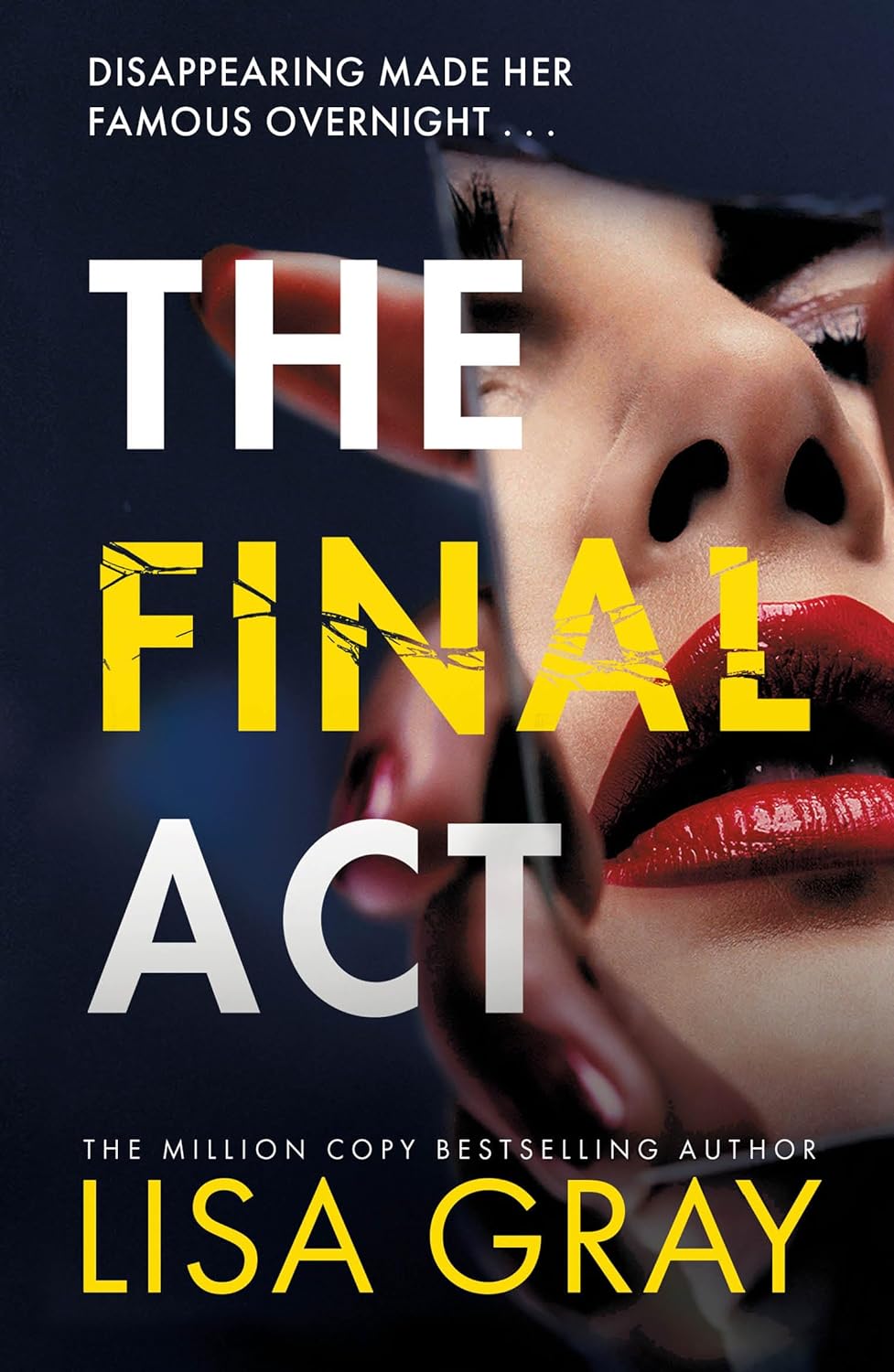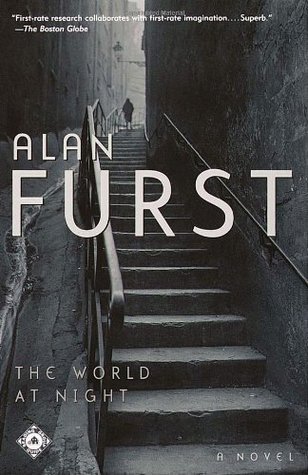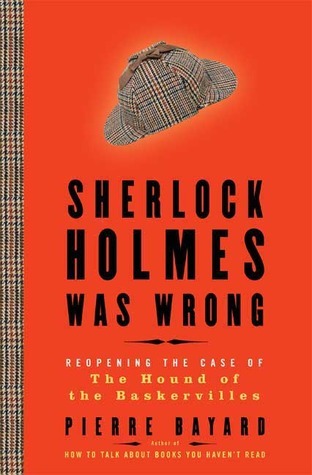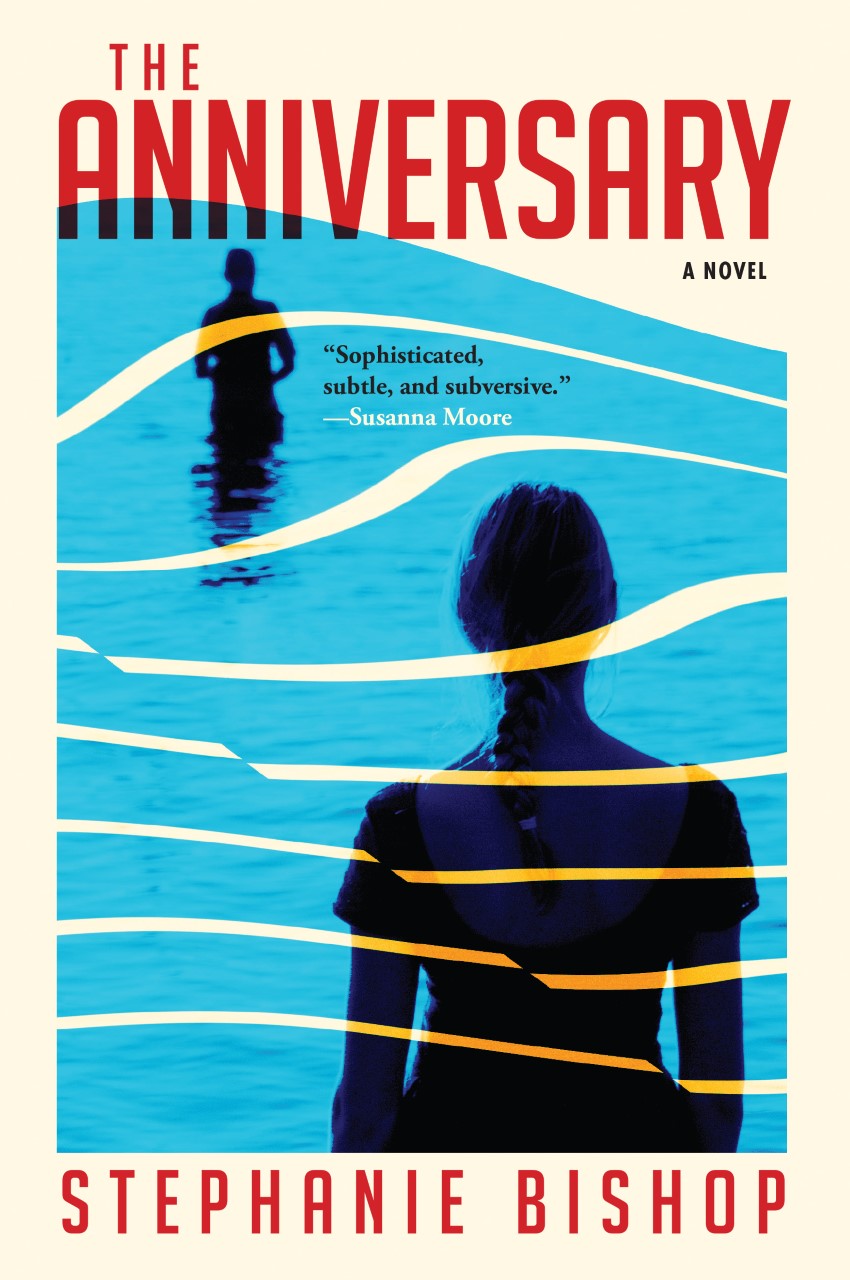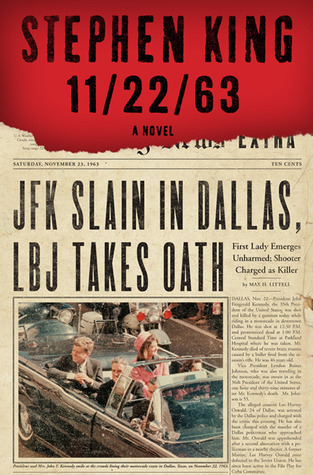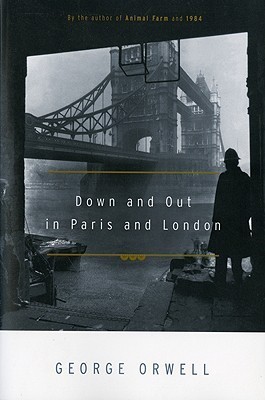I think I was in a podcast slump as much as a book slump in March, but boy did I make up for it during the month of April! So be ready for a long post although I will try to be a short as possible for each of the shows. See, I don’t even wait for the very end of the month to post it, otherwise you might get overwhelmed with so many podcast news… (just kidding)
New(-to-me) podcasts
Serial 4th season is about Guantanamo. Whatever the topic of course I had to give it a listen! You may think that you already have heard enough or too much about Guantanamo but Sarah Koenig and Dana Chivvis still managed to surprise me. There’s a double story in episodes 3 and 4 that are well worth my time: Ahmad the Iguana feeder, an American Muslim translator that did a few stupid things and got embroiled into several years of suspicion and accusations. And the follow-up, The Honeymooners, is just weird.
The So What from BCG is a shortish business podcast (20 minutes approx). This is my attempt at this genre of podcasts. Well, it was interesting, I give you that. But fun? Not really. So I should probably not try to mix fun and business when it comes to podcast listening, and it’s just my personal preference.
If All Else Fails is a NPR North County Radio mini-series about far-right extremism among American sheriffs. Probably not one to try on a day you’re depressed. This is worrying, and not only for the US. Here also law enforcement is often leaning on these extremist tendencies, but at least my country is much too centralized that anyone could entertain the illusion that they can decide to apply the law as they want to.
Things Fell Apart season 2 with Jon Ronson is in the same vein, but by the BBC. Very interesting, but depressing too.
Scamfluencers was a podcast recommended by Nick Quah from Vulture, they’re at their 2nd year. I tried 2 episodes but was not really taken in. The story I enjoyed best was The Book Bandit. I got annoyed by the narration that was very linear and by the amount of advertisement from Wondery that seemed to come every few minutes (that’s not true, I know)
Best podcasts episodes
These are the episodes from my favorite podcasts that resonated the most with me, depending on the mood du jour. My criteria for listing them here is if I wouldn’t mind listening to them again.
Radio Atlantic: How to waste time (December 2023) – something about reclaiming time for oneself and not being obsessed with productivity, which I really struggle with
Radio Atlantic: Money can buy you everything except maybe a Birkin bag (April 2024). Well, I had no clue how much a Birkin bag cost, and no desire to get one, and it’s probably for the best.
Culture Study: We know sitting is bad for us. But what are we supposed to do instead? (April 2024 – what’s up with those awfully long episodes titles you guys?) I considered a standing desk, but apparently there are other more clever things to do. Do I do them now that I’ve listened? Mmh, don’t ask.
Search Engine: Do political yard signs actually do anything? (April 2024) Like P.J., (doesn’t it feel cool to write that? Oh yeah…), I had expected the scientists to just say “no”… but the answer is so shocking and fascinating and gives perspectives on democracy itself.
Search Engine: How do we survive the media Apocalypse? with Ezra Klein (March). I love those Ezra Klein / PJ Vogt conversations. Nothing better to help with taking responsibility and ownership of what we want as media, instead of just feeling powerless.
Search Engine: Who’s behind those scammy text messages we’ve all been getting? (March) Seriously the weirdest story I’ve heard for quite a while. Starting all fun and light, and then… wow… Brutal and so awful. Be ready for a roller-coaster of ethics, this is a (serious) PSA.
So these were the high points of my podcast month, what about yours? Any interesting stories or shows you listened to?
